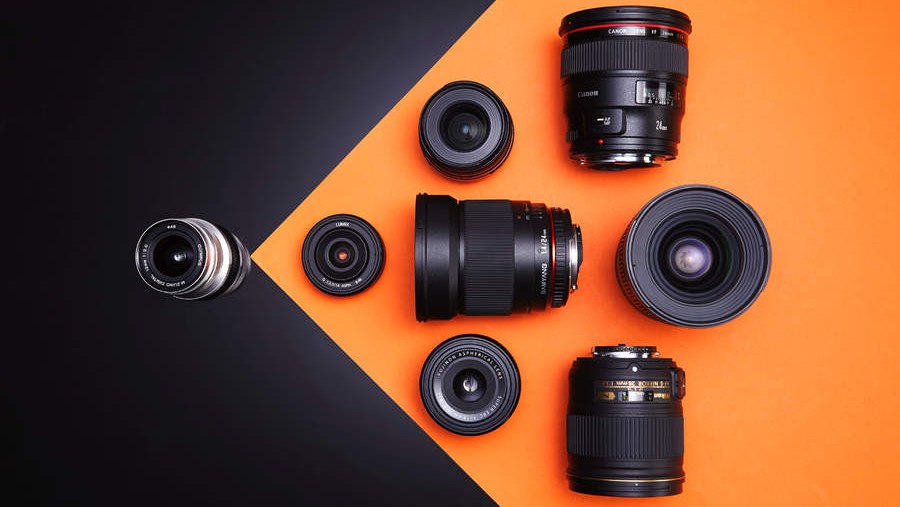
We are living in a time where buying secondhand products is the only option for a large percentage of the population, with inflation and the current cost of living crisis placing financial pressure on consumers to shop used tech this year.
This is especially true for photographers when you consider that retail prices for new flagship camera models have more than doubled over the last few years, and lenses aren't getting any cheaper, either. So what does this mean for the industry?
The world’s largest online platform for used photography and videography equipment, MPB, as well as research consultancy, Retail Economics, have put together an insightful report which not only reflects this change in the landscape, but predicts that the global recommerce market (short for reverse-commerce) will experience a growth of almost 80% by 2028.
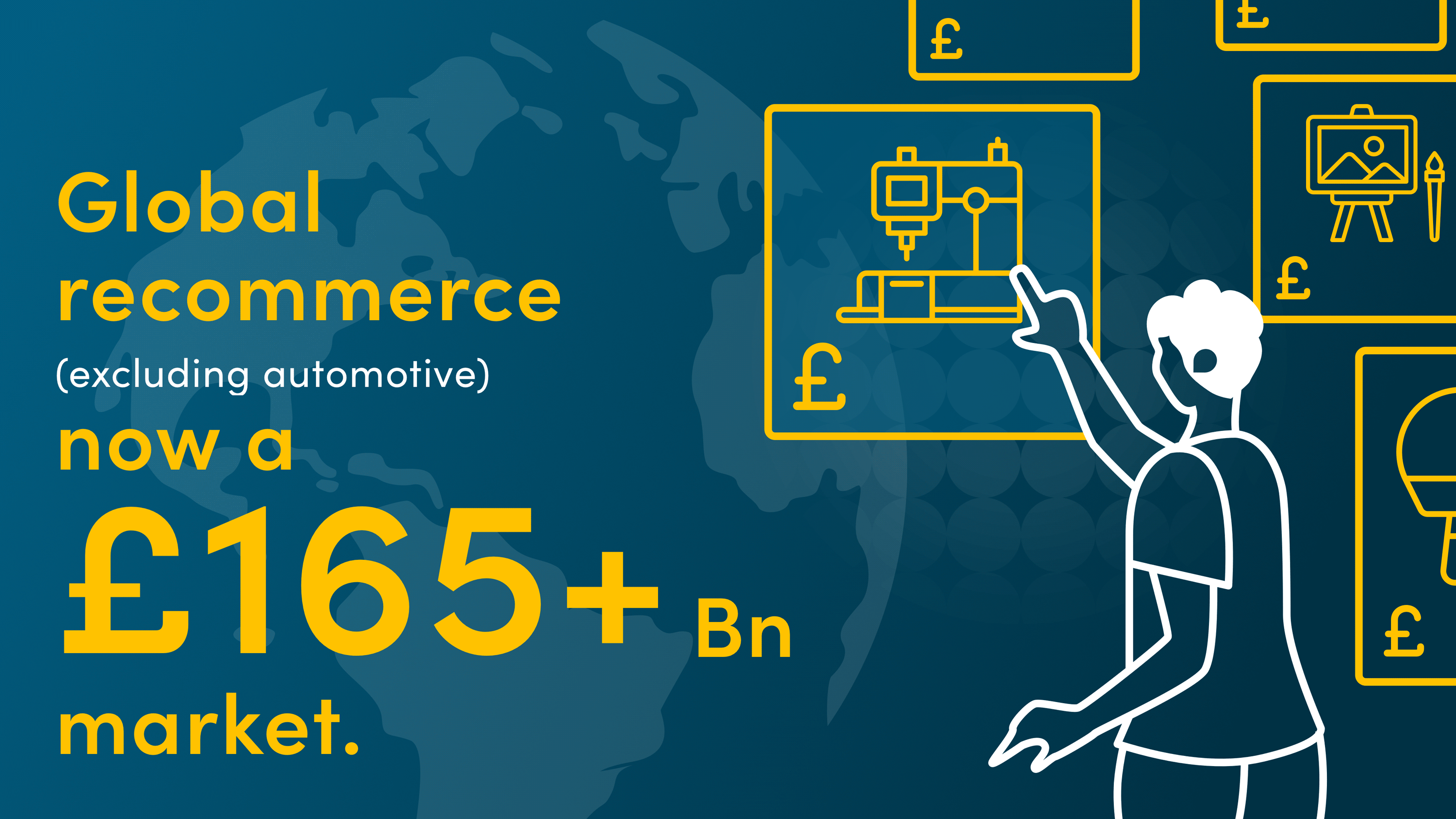
That’s a lot, given that the secondhand market is currently valued at £6.5 billion in the UK alone, worth almost £52 billion in the US, and is worth over £165+ billion globally – making the US the largest recommerce market worldwide. These figures highlight the untapped financial opportunities that exist within recommerce.
The report titled Second-Hand, First Choice: The Psychology of Recommerce found that 71% of surveyed consumers (including those in the UK, US, France, and Germany) have bought or sold used products in 2023, with 63% of these shoppers buying secondhand goods at least once per month. Additionally, millennials are said to be spearheading this charge, with 84% participating in the used goods market.
I had the chance to speak with Matt Barker, CEO and founder of MPB, about these findings from the extensive recommerce report, and what this means for consumers and the wider industry as we move into 2024.
Consumer characteristics
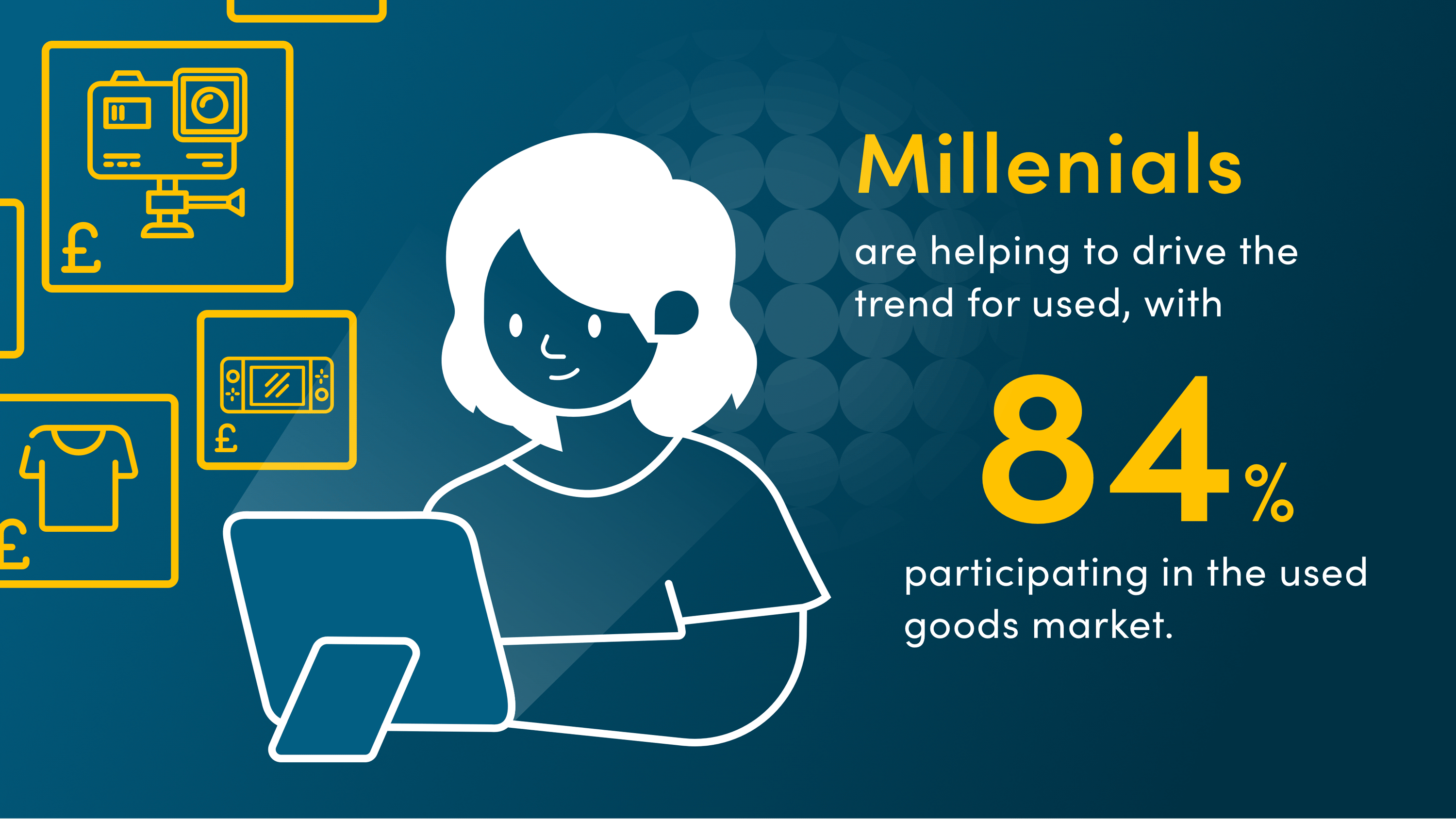
"Some of the growth that we're seeing and the positive attitudes in terms of people's willingness to buy secondhand and sell secondhand is brilliant, and this time of year is quite a test on that” shares Barker. At its core, recommerce is about advocating for a circular economy where product lifecycles are extended, e-waste is reduced, and sustainability values are elevated.
“We've seen a market that's gone from 40% of people willing to gift secondhand five years ago to 73% of people willing to gift secondhand today. That's brilliant. I think that's excellent for the economy, and we should be encouraging reuse. But the reason that some of those attitudes have shifted is partly because it's driven by millennials, as our data shows."
The report uncovered that more than four in five (84%) of Millennials (those aged 30-44) participate in the used market, more so than Gen Z (those aged 18-29) due to their life stages. For example, Millennials are settling into homes, raising families, and accumulating possessions, and therefore see buying and selling used items as a practical way to declutter, save money, and fund other necessities.
Millennials prioritise practicality over the latest trends, unlike social media trendsetting Gen Zs. Only 59% of Boomers (those aged over 65) said they participate in secondhand shopping. “There are more trusted platforms now, like MPB, like others in the space, who are making it easier, simpler, faster, and a more trusting experience to buy secondhand. And I think that's really positive.” says Barker.
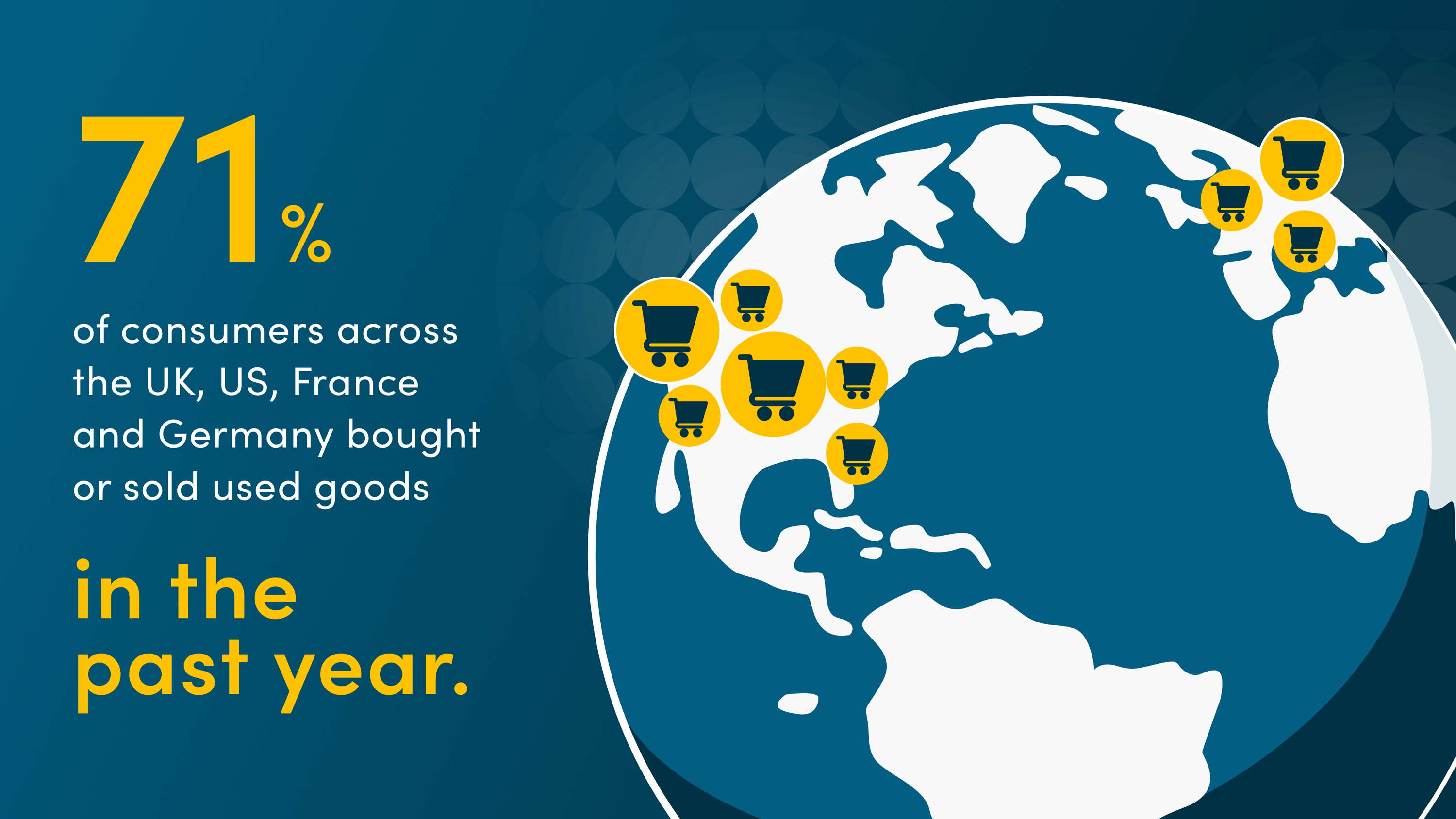
What was most surprising to me about the report, however, is that it revealed the most affluent consumers (in this case - those with an annual income of £80,000 or more) are in fact twice as likely as low-income households to have bought and sold secondhand items within the last 12 months. This challenges the stereotype that the used goods market primarily caters for shoppers with limited budgets.
"What we find is that some people want to pay a bit more and have that kind of pristine second-hand item. Some people are very value-focused and are kind of not so fussy if the camera has done a higher shutter actuation count, if they're buying from a platform like MPB where they know that it's been checked, that it's been tested, that it's been verified, and it comes with a warranty. Then you remove that risk" Barker explains.
Are new cameras simply unaffordable?
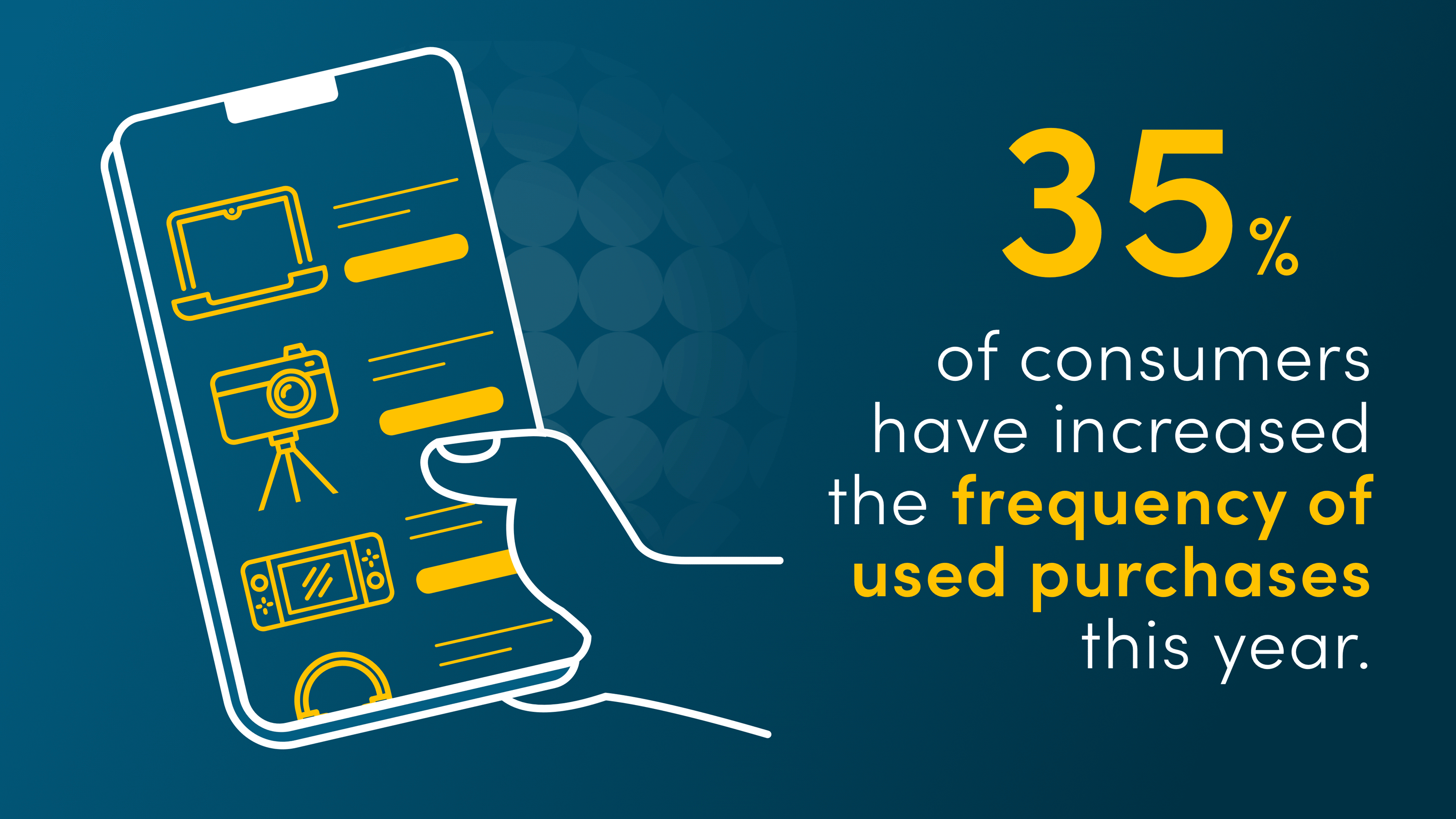
The fact that so many creatives have turned to shopping secondhand tech, especially photographers, must give some indication that the prices of newer flagship camera models might be inaccessible and completely out of budget for most photographers. I asked Barker if expensive new camera prices were part of this retail shift.
"It's absolutely the case that the new market for interchangeable lens cameras and lenses has become more expensive and more premium for sure. The average retail price of a mirrorless camera in three or four years, has gone from approximately £700 to £1,700 - in terms of just the average offering across Canon, Sony, and Nikon ranges - and that's just the body, right?
"We're now regularly seeing lenses come into the market like the new Canon RF 24-105mm lens which is £3,400. I remember when the first 24-105mm lens came out and it was maybe £900. That's a massive, massive leap over 15 years. So there's an affordability gap. Plus there's a cost of living issue that we're all going through at the moment while the economy's not in great shape, coming out of COVID, and for sure I think there's a conscious consumer in terms of looking for value in the second-hand market.
The average retail price of a mirrorless camera in three or four years has gone from approximately £700 to £1700 - and that's just for the body ."
Matt Barker, CEO of MPB
"Obviously if the new market is becoming more expensive, it does encourage people into the recommerce market. I think the consumer is less obsessed with the latest and greatest now, and more concerned with diversity and creativity. Once you drop into the secondhand market, you get more choices. It's cheaper, but you also get to be the one turning up with, you know, that particular lens or "that" particular camera.
"Everyone’s like, “Oh, what's that“ and you know, it's a more interesting space for people. Given that we serve creators, as our target audience, I think they quite enjoy jumping into that secondhand market because it gets them to experiment more.
"We have seen a massive rise in analogue camera sales for that exact reason, I suspect you might shoot on film too like a lot of people do, or even Instax cameras and stuff like that. So I think it gives a lot of benefits in the secondary market. But it is also true, absolutely, that the new market is becoming for a lot of people just too expensive."
The sustainability of recommerce

We talk some more about the findings from the report, and specifically the increasing environmental concerns that are urging people to live more sustainably with their disposable income, and opportunities to tackle e-waste in the circular economy at the same time. “It’s something we think about a lot here now, and we do a lot of online advertising as part of MPB and we've been looking at the carbon footprint of our marketing, and how we can use lower carbon servers for example.
“I think within the photography market and the digital space, it's a really interesting topic that people should explore more because we should be doing as much as we can to help. Sustainability, I think is a holistic thing, and there are all sorts of things that we should be doing.
"Cloud computing, for example, and the cloud storing of images is another big contributor to some of our CO2 issues. So shooting a bit less, and having a little less storage has a massive impact on reducing our carbon footprint. So it's kind of a win-win. If we can all just slow down and take a more considered photograph.
"We're seeing a lot of that discipline coming back into photography, of just “okay, I'm only going to shoot a limited number of shots and I'm going to push myself to get that perfect shot without necessarily just reeling off as you can do on certain new cameras now” is kind of my personal journey that I see a lot of other people going through at the moment as well."
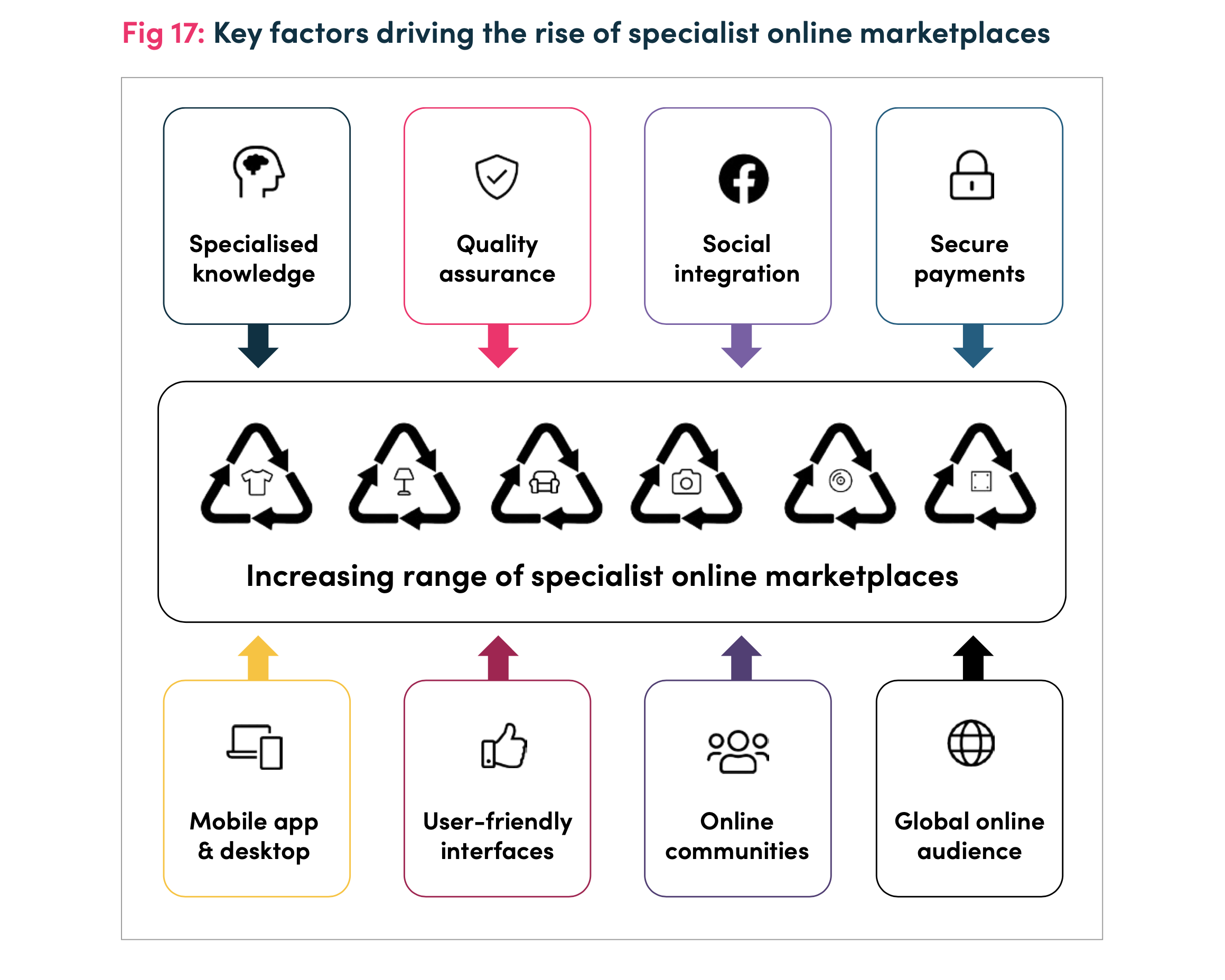
Advice to the industry
Barker explains to me how there’s now a third wave of recommerce activity happening thanks to specialist marketplaces like musicMagpie, Vinted, and Depop allowing users to buy and sell used goods with confidence, and reshaping the way that society thinks about retail.
“If you want to build a trusted online platform within a segment like we do for photography equipment, you know, what you're looking at is a very fragmented market. We need to bring that supply together, understand the consumer and make it really easy for the consumer to choose what it is they want to buy, and have confidence and trust in doing that. And that's what we do.
“We lived in a world 10 years ago where people would just shop on eBay for a second-hand item, and that's great. But it would be fairly unverified, quite hard to compare items, and quite hard to know whether something was going to be okay in the end. And now we've got platforms like MPB that are really addressing the circular economy. It gives consumers more confidence in making their purchases.”
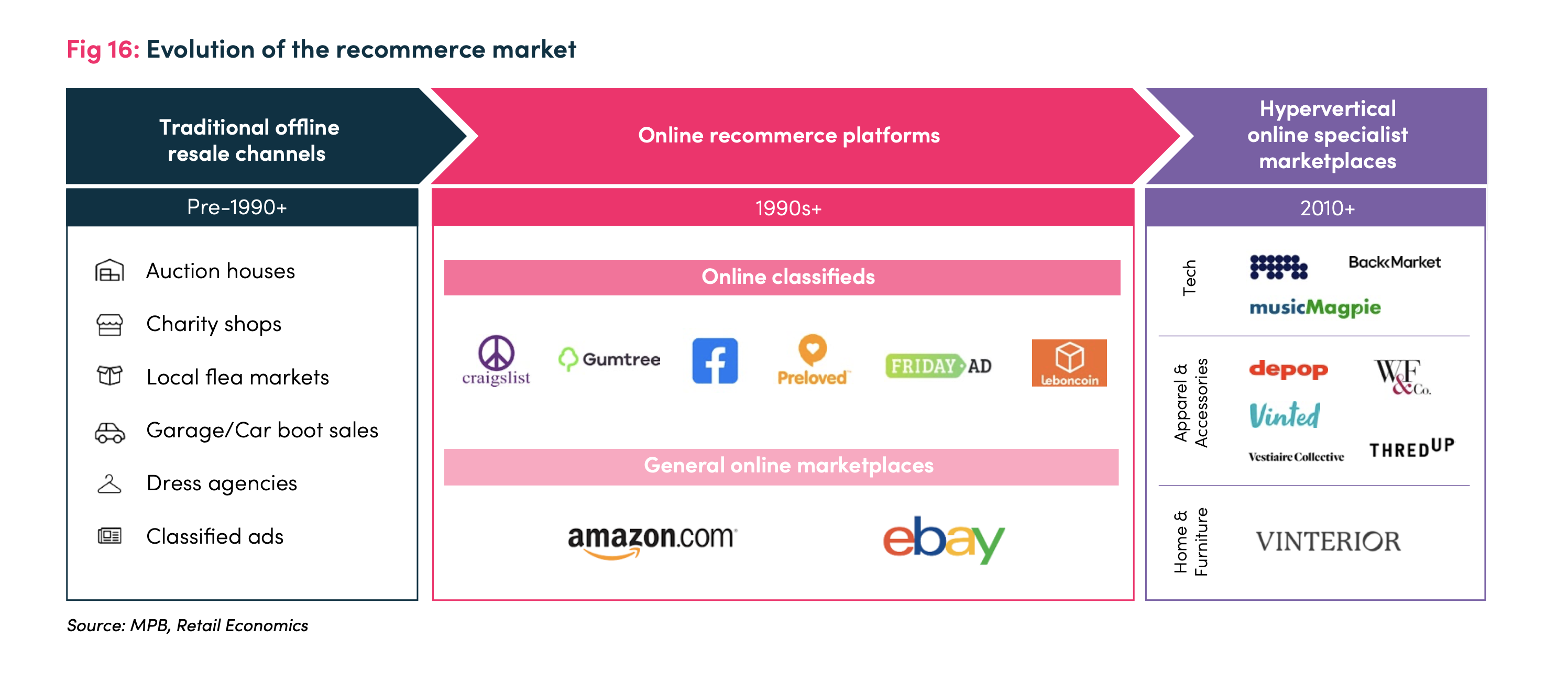
MPB was Founded to ensure that both sides of the transaction could receive a fair price, and Barker says that the company aims to have a seamless and straightforward process for consumers to buy and sell used photography kit. According to the report, MPB has recirculated and extended the life of 500,000 individual photographic items in the last year.
"There's a lot that goes into serving our platform up. We employ 500 people. We employ a lot of people in data and engineering and technology to service that customer. And the more that we can encourage businesses to embrace serving secondhand as an option in their offerings, but in a better way where people can be confident, then I think that's a really brilliant thing, because it will mean that we're encouraging people into the circular economy, which is what we want to see."
The takeaways
The Recommerce market of used and secondhand goods is growing massively, and new research from MPB and Retail Economics clearly shows that it's not slowing down, either, predicted to double over the next five years. Barker has made it abundantly clear that there's more both consumers and retailers can be doing to embrace this space, and to follow MPB's lead.
A big thank you to Matt Barker and his team for taking the time to speak with me about these important issues surrounding recommerce and sustainability.
As a photographer himself, Barker told me that his camera of choice is anything Canon, although he's aiming to teach himself some new tricks too:
"I am trying to teach myself to use a rangefinder, and how to use a Leica M10 at the moment, and get that discipline of having a fixed prime lens and things like that. Because I think shooting a bit slower and enjoying the moment a bit more is encouraged when you're using something like an M10. So that's what you would see me trying on Christmas Day this year to take a photograph of my kids with, but how well that will go I couldn't confirm."
We'll be sharing the rest of the interview with CEO Matt Barker in the coming weeks, so keep your eyes peeled for photography-related tips, and discover Barker's advice for the best way to keep your lenses stored safely this winter.







